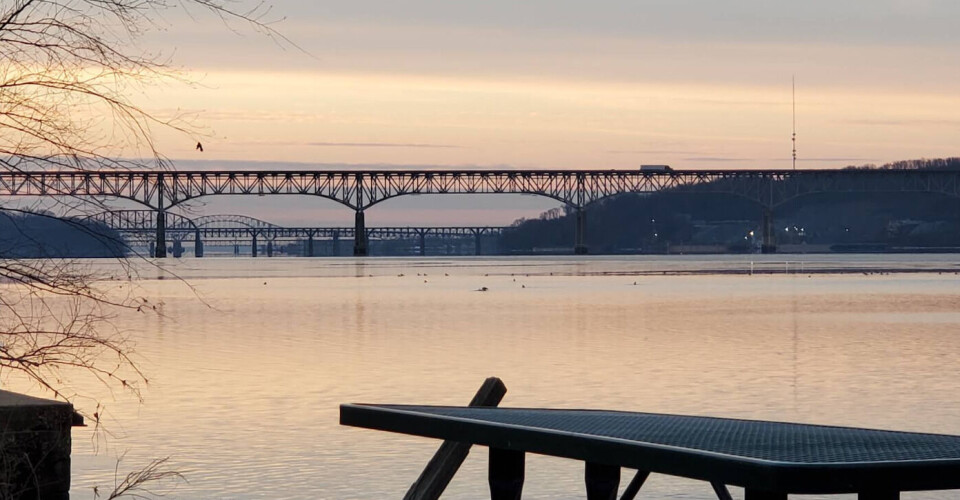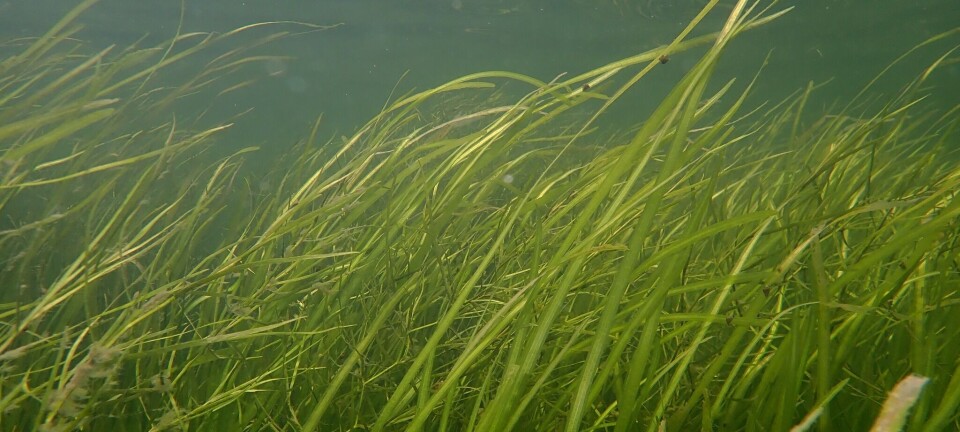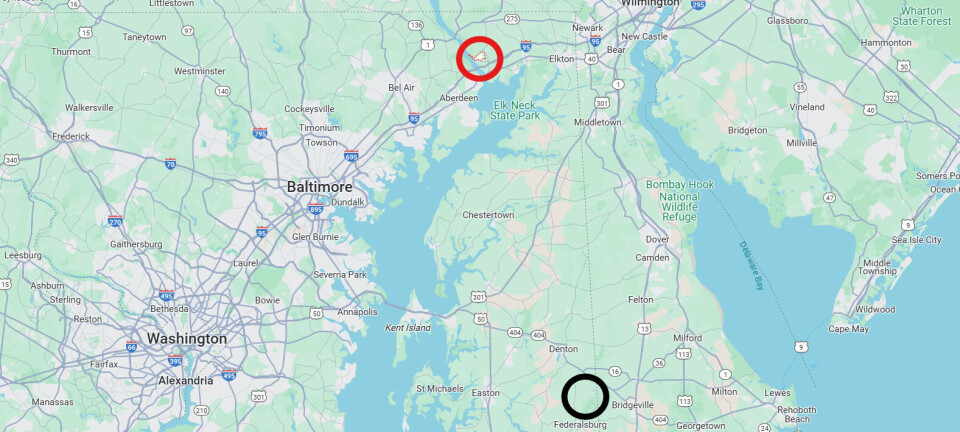
AquaCon confident that RAS permit can survive court challenge
Norwegian company AquaCon has defended its plan for a 20,000-tonnes-per-year land-based salmon farm on the site of the former US Navy Bainbridge training base in Port Deposit, Maryland, in the eastern United States.
Conservation group, the Chesapeake Bay Foundation (CBF), and two local fishermen are asking a local court for a judicial review of the Maryland Department of Environment (MDE) decision to issue a discharge permit for the facility on the Susquehanna River, which empties into the Bay.
CBF claims the discharge of up 1.9 million gallons per day of water used to purge salmon of geosmin - a substance which gives farmed salmon an “off flavour” - would contribute to pollution flowing down the river to the Susquehanna Flats underwater grass beds that provide a habitat for fish.
Net zero discharge
“The permit does require AquaCon to achieve net zero discharge of nitrogen, phosphorus, and sediment pollution entering the Susquehanna, meaning that any release of nutrients must be offset by other reductions elsewhere,” CBF wrote in a press release last week.
“However, the facility is expected to meet that requirement by purchasing nutrient offsets from currently unidentified sources, not by improving the water quality of its purge water discharge.”
We are confident in the technology selected and look forward to defending the permit with MDE against any challenge on its merits
AquaCon chief executive Pål Haldorsen today told Fish Farming Expert that purges discharges would “of course” be filtered.
“AquaCon worked collaboratively with MDE to obtain a final discharge permit for the salmon aquaculture facility proposed for Bainbridge. We are confident in the technology selected and look forward to defending the permit with MDE against any challenge on its merits,” said Haldorsen in an email.
Purge water discharge is not the only reason that CBF has put forward to justify a review of the MDP decision. It says that land-based salmon farms use copious amounts of water and cites die-offs at Atlantic Sapphire in Florida in 2021 and at Sustainable Blue in Canada in 2023 as evidence that the land-based sector has “a troubling track record”.
“Land-based salmon farms are relatively new and unpredictable,” said Paul Smail, CBF vice president for litigation. “Knowing the prior failures of these types of plants, and that the Susquehanna River is already overloaded with nutrient pollution, MDE’s permit must protect against these risks.”

